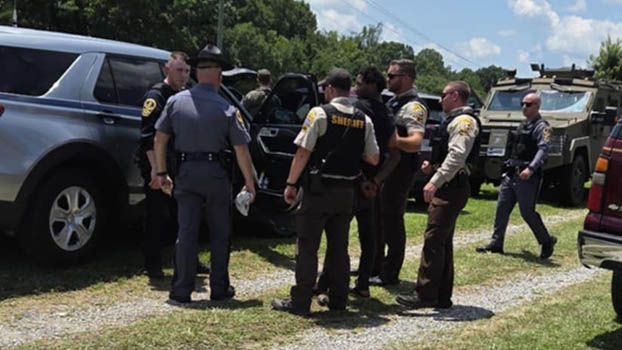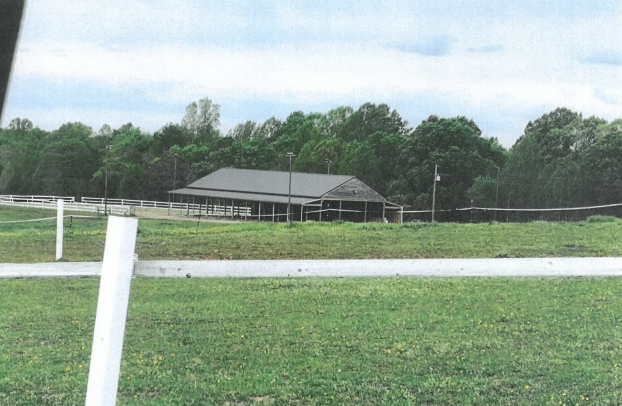Reconciliation and healing puts old hurts behind us
Published 6:00 am Friday, May 7, 2021
|
Getting your Trinity Audio player ready...
|
Years ago, I visited someone who after a few moments began to weep. “I’m so sorry.”
For the next hour, I heard a sad story of mistakes, misunderstandings and family disagreements. None of them seemed all that serious, but her speech was tortured with words of guilt and hurt.
“Will God ever forgive me?” she asked. We talked of God’s healing comfort and grace and studied Bible passages. Finally, we said a prayer together with her asking God for forgiveness. All in all, it was exactly what a pastor should do on a visit. I felt satisfied.
Months later, on our second visit, she began to weep, and the same sad story began. Just like before, her speech was tortured with words of guilt and hurt. We talked again of God’s healing comfort and grace and studied the appropriate Biblical passages. We said a prayer together. It was exactly what a pastor should do on a visit. But I knew something was wrong.
On our third visit, she again started to weep. The same sad story of mistakes, misunderstandings and family disagreements came as if every word had been carefully memorized. Like a broken record, her speech was tortured with the same words of guilt and hurt.
What was this poor woman’s problem? Why did she continue to torture herself with guilt and bitterness?
Jesus spoke often of forgiveness, but he also spoke about reconciliation. He said, “So if you are standing before the altar, offering a sacrifice to God and you suddenly remember that someone has something against you, leave your sacrifice there beside the altar. Go and be reconciled to that person. Then come and offer your sacrifice to God.” (Matthew 5:23-26)
Reconciliation means to settle an argument or make adjustments in a difficult relationship. You cannot reconcile without getting actively involved and making compromises necessary to resolve a particular situation. One reason the woman I was visiting suffered was because she expected God to wave a magic wand of forgiveness over everything without active participation from her.
A critical part of reconciliation is a willingness to honestly communicate your feelings but with humility and love. It’s important to set aside your ego and be ready to listen to the other person’s perspective. Understanding both sides can prevent future misunderstandings.
Paul reminds us in 1 Corinthians, “Love is patient, love is kind. It does not envy, it does not boast, it is not proud. It does not dishonor others, it is not self-seeking, it is not easily angered, it keeps no record of wrongs. Love does not delight in evil but rejoices with the truth. It always protects, always trusts, always hopes, always perseveres.” (13:4-7)
Armed with newfound knowledge, I prepared for a fourth visit with our struggling woman. Again, she began to weep and tell her sad story. But this time, I interrupted her and began to talk about what God’s gift of healing meant. At first, she looked as if I had lost my mind, but didn’t stop me. After a moment we prayed, and I left having no idea what would happen next.
Months later, during a family gathering, she was given the opportunity to tell her story. It wasn’t easy, but after hours of talking and crying, years of misunderstandings and deep hurts were brought into the open, and over time God’s wonderful grace began to heal a broken and deeply divided family. Investigation may be one of the most difficult steps we could ever take toward emotional and spiritual healing, but the rewards make it all worthwhile.
On a later visit, after a few moments, she began to laugh. ”So much has changed!” For the next hour, I heard about family gatherings and exploits of wayward grandchildren. Her speech was animated with words of hope. For another few minutes we talked about community and church concerns. Finally, we said a prayer together.
All in all, it was exactly what a pastor should do. I felt enormously thankful.
REV. LARRY E. DAVIES can be reached at larrydavies@vaumc.org.





